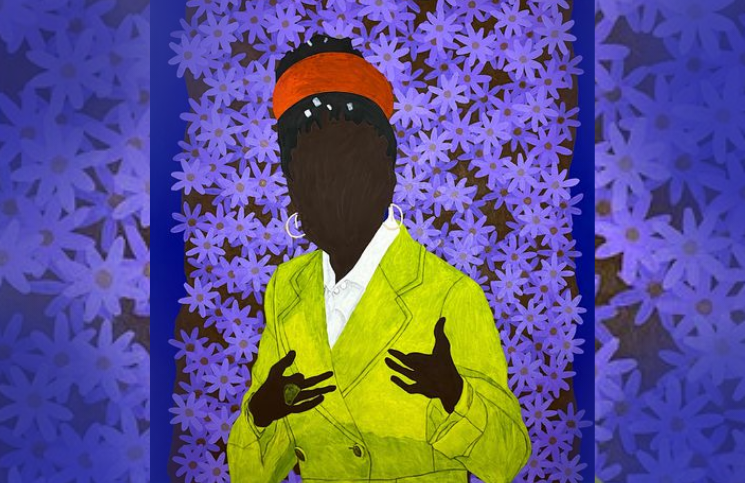by Gary Kaplan
What poetry does
“Poetry is typically the touchstone that we go back to when we have to remind ourselves of the
history that we stand on, and the future that we stand for.” –Amanda Gorman
“Poetry makes nothing happen,” wrote W.H. Auden in his tribute to W.B. Yeats. The line was a typically irreverent Auden quip. He loved to shock and subvert, but under his surface flippancy ran a deep current of humanistic faith. Yeats died on January 28, 1939. Germany invaded Poland on September 1, igniting the Second World War. Auden’s In Memory of W.B. Yeats was written in 1940, as was his September 1, 1939. Both poems attempted to find a way out of the “negation and despair” of a world collapsing.
The first poet to read at a presidential inauguration was Robert Frost in 1961, invited by President Kennedy. Frost was 86, exactly twice the age of the new president. He had in his hands the typescript of a new poem titled Dedication which he had written for the occasion. The bright sun blinded his eyes and he stammered through the first few lines. The new vice president Lyndon Johnson stood up and tried to block the glare, but it didn’t help. Frost collected himself and shifted to a recitation from memory of the poem he had intended to “give” President Kennedy, The Gift Outright, which Frost described as “a history of the United States in a dozen lines of blank verse.”
The latest poet to read at a presidential inauguration was Amanda Gorman at President Biden’s inauguration this past January 20. Ms. Gorman is 22. President Biden is more than three and a half times her age. No one had to shield her eyes. Her brilliant yellow coat outshone the winter sun.
Her poem, The Hill We Climb, was danced as much as read. Her musical cadences and flowing gestures conjured the spoken word to vibrant presence. There was no duality of medium and message, dancer and dance. She was the poem.
Her message was as radiant as her raiment: Affirmative, hortatory, a gospel of hope. The culminating lines
The new dawn blooms as we free it.
For there is always light,
If only we’re brave enough to see it.
If only we’re brave enough to be it.
besought no divine intervention but placed the power of redemption in our own hands, in our own minds, in our own hearts.
In The Gift Outright, Frost traced the evolution of the American character from lingering colonial subservience to full psychological independence:
Something we were withholding made us weak
Until we found out that it was ourselves
We were withholding from our land of living
Amanda Gorman did not withhold herself. She did not withhold anything. She gave us her gift outright.
In the concluding stanzas of his poem, Auden discarded irreverence and implored poets to pierce “the nightmare of the dark.” He appealed to his fellow bards to “Still persuade us to rejoice,” “Let the healing fountain start,” and in a final heartfelt plea, “Teach the free man how to praise.”
Rejoicing, healing and praising are not nothing. They are antidotes to despair.
Poets can make those things happen. Amanda Gorman made them happen. She pierced the dark nightmare of the last four years with her luminous presence. She made the healing fountain flow.
Gary Kaplan is the executive director of JFYNetWorks.
The portrait of Amanda Gorman by Ghanaian artist Raphael Adjetey Adjei Mayne was donated to Harvard University’s Hutchins Center for African & African American Research by Amar Singh.
Portrait originally posted on the artist’s Instagram page: @afutumix
HOW ARE WE DOING? In our pursuit to serve up content that matters to you, we ask that you take a couple of minutes to let us know how we’re doing? Please click here to be navigated to our JFYNet Satisfaction Survey. Thank you!





